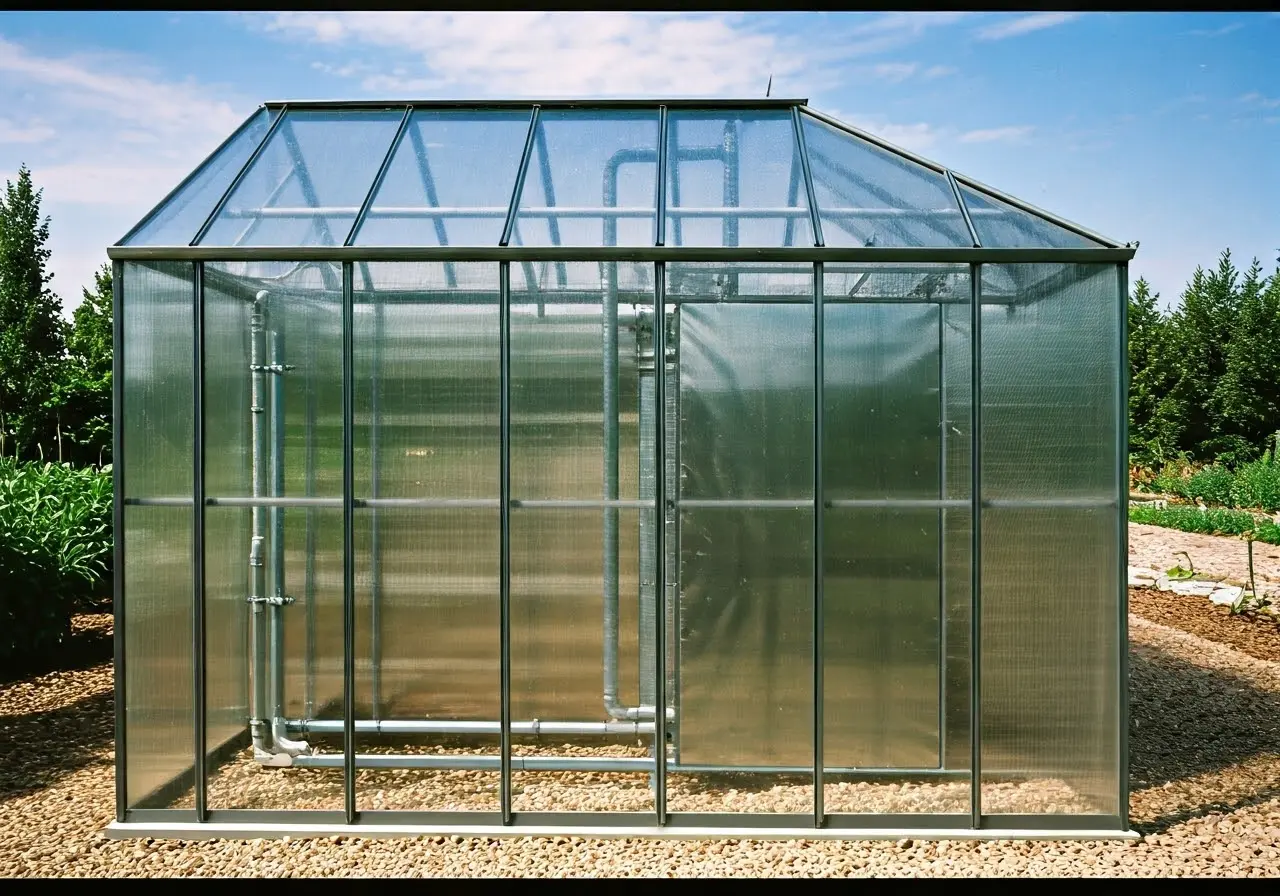Specialty HVAC systems play a crucial role in the environment of greenhouses. When it comes to maintaining optimal growth conditions for plants, these systems can be invaluable. In this FAQ blog, we’ll explore the key benefits of using specialty HVAC in greenhouses.
What Is Specialty HVAC?
Specialty HVAC refers to the advanced heating, ventilation, and air conditioning systems specifically designed for unique environments like greenhouses. These systems focus on maintaining precise environmental conditions.
Unlike traditional HVAC units, specialty HVAC systems are tailored to address the distinct challenges faced in agricultural settings. They incorporate technology that closely monitors and adjusts to fluctuations in climate, making sure that plants are growing in an environment that mimics their natural habitat.
How Does Specialty HVAC Enhance Temperature Control?
One of the most significant benefits of specialty HVAC systems is their ability to finely regulate temperature. This ensures that plants receive the ideal amount of heat for growth, regardless of outdoor weather conditions.
Temperature fluctuations can be extremely detrimental to plant growth. With the precise sensors and controls found in specialty HVAC systems, greenhouse operators can seamlessly maintain the perfect climate for their plants. Proper temperature management is crucial for photosynthesis, thereby ensuring healthy plant growth.
What Role Does Humidity Control Play?
Humidity levels are crucial for plant health. Specialty HVAC systems offer superior humidity control, preventing issues such as mold growth and ensuring a consistent environment for optimal plant development.
Excessive humidity can lead to a host of problems, but with specialty HVAC systems, the balance is meticulously maintained. By keeping the humidity at optimal levels, these systems help protect plants from diseases that thrive in moist conditions, fostering sturdy and vibrant growth.
Can Specialty HVAC Improve Energy Efficiency?
By using advanced technology to regulate the climate within greenhouses, specialty HVAC systems can significantly reduce energy consumption. This not only lowers operating costs but also promotes sustainable practices.
Greenhouses are energy-intensive environments. Traditional HVAC systems can lead to high energy bills, whereas specialty systems utilize energy more efficiently. Cutting-edge HVAC designs often include energy recovery features and smart controls which result in substantial savings.
How Do These Systems Contribute to Pest Control?
Specialty HVAC systems can aid in pest management by maintaining environmental conditions that are less conducive to pests. This reduces the need for chemical interventions and enhances plant health.
Pests thrive in environments that are unstable, but with reliable climate control, specialty HVAC prevents such scenarios. By keeping the greenhouse conditions consistent, the systems help prevent pest infestations naturally, offering a more organic method of pest management that’s healthier for plants and consumers alike.
Embracing Specialty HVAC for a Greener Future
Specialty HVAC systems in greenhouses offer numerous benefits, from temperature regulation to improved energy efficiency and pest control. By understanding these advantages, greenhouse operators can create a more controlled and productive environment, ensuring healthy and thriving plants all year round. Interested in upgrading your greenhouse’s environmental controls? Visit Cultivation Warehouse to find out more about our specialty HVAC solutions.




